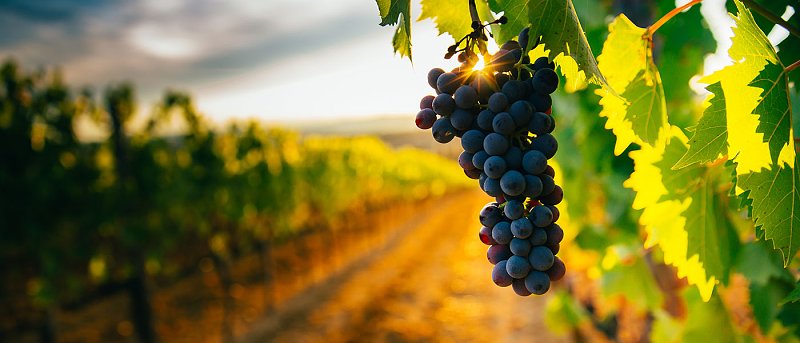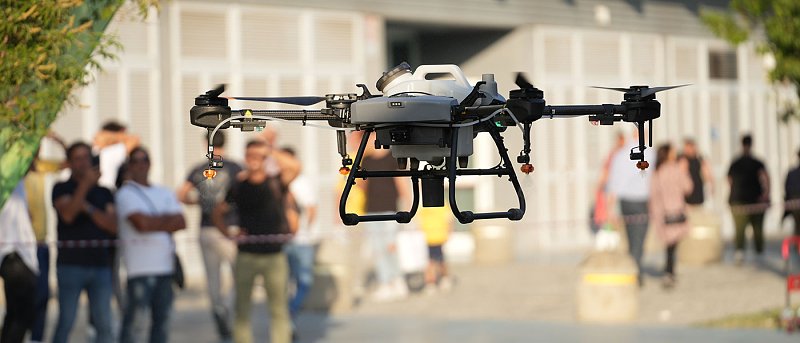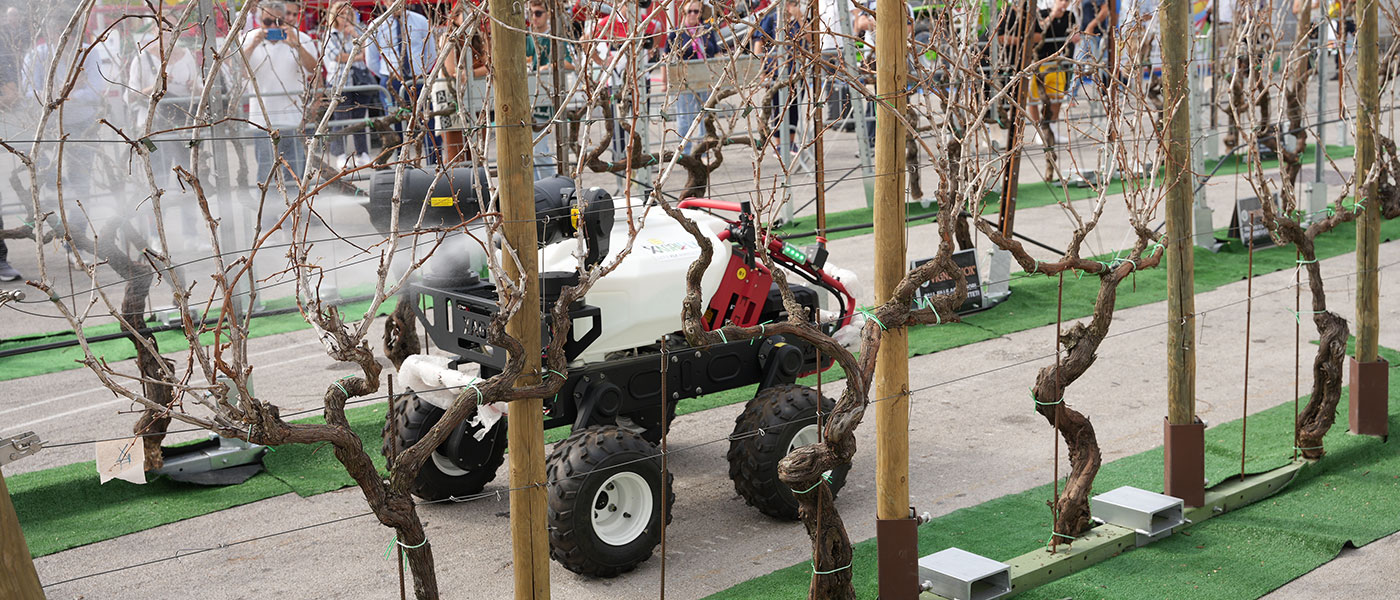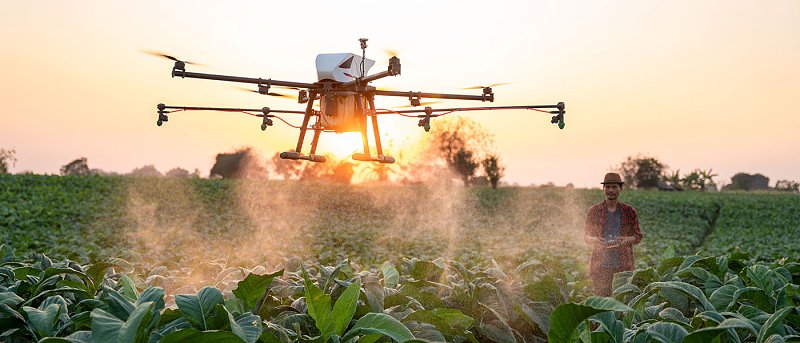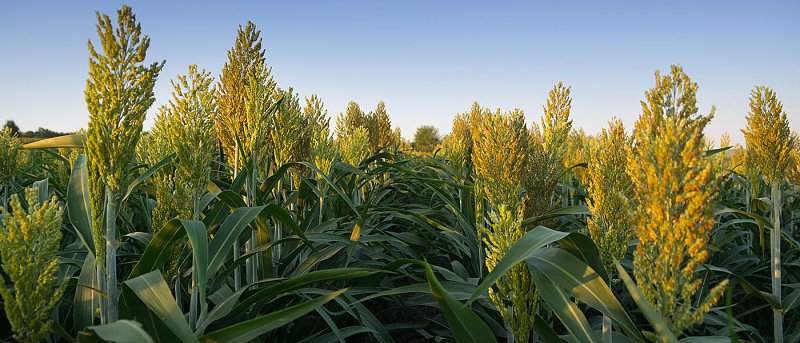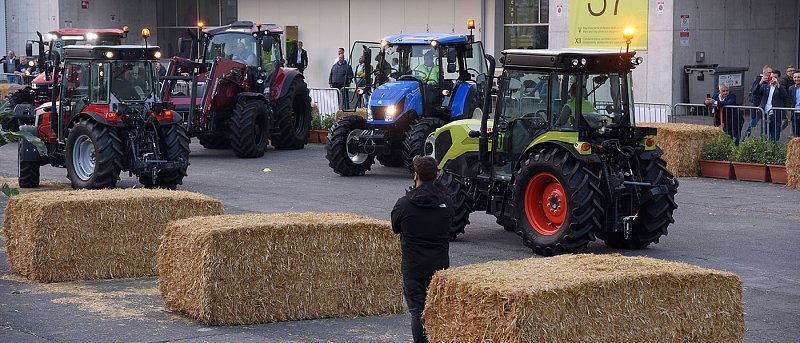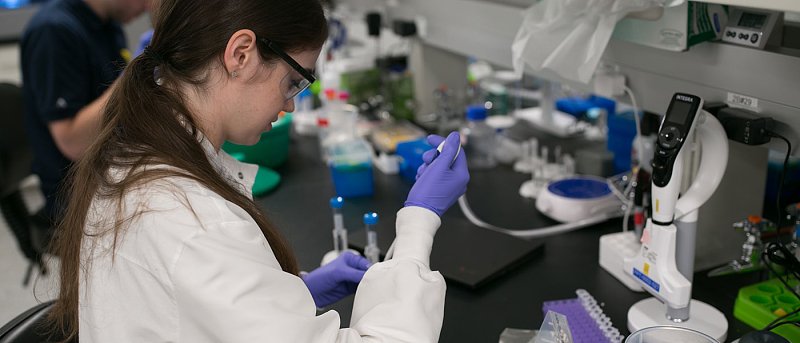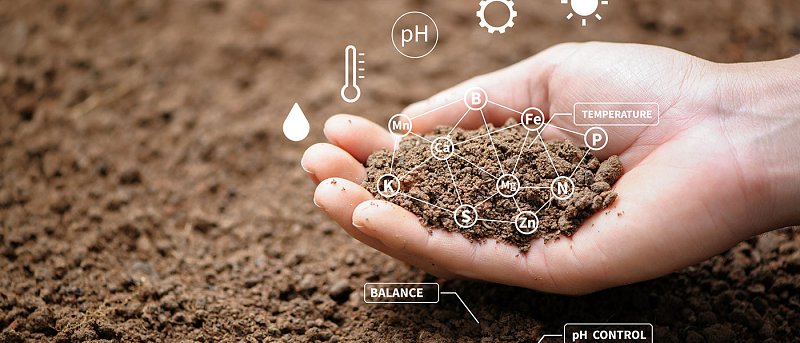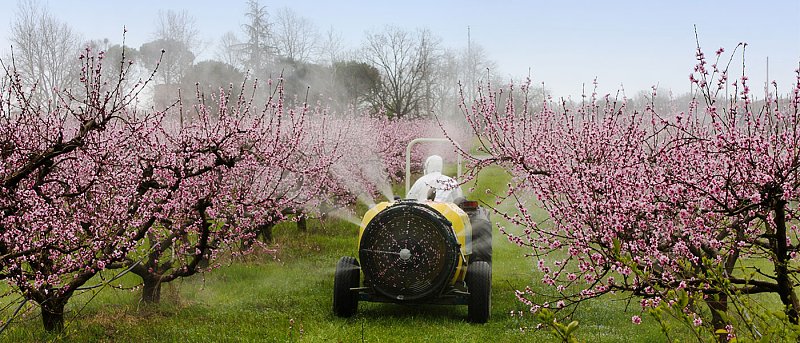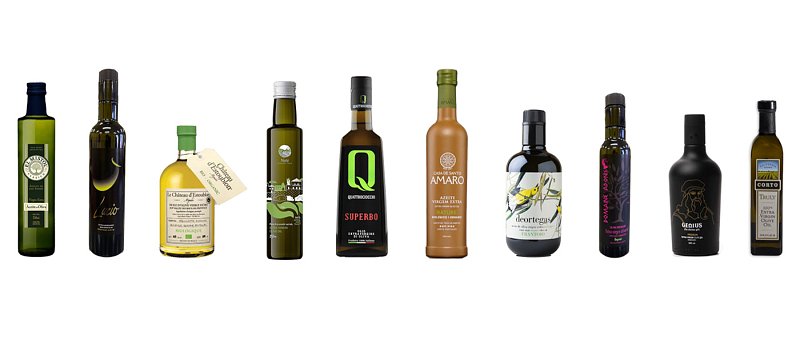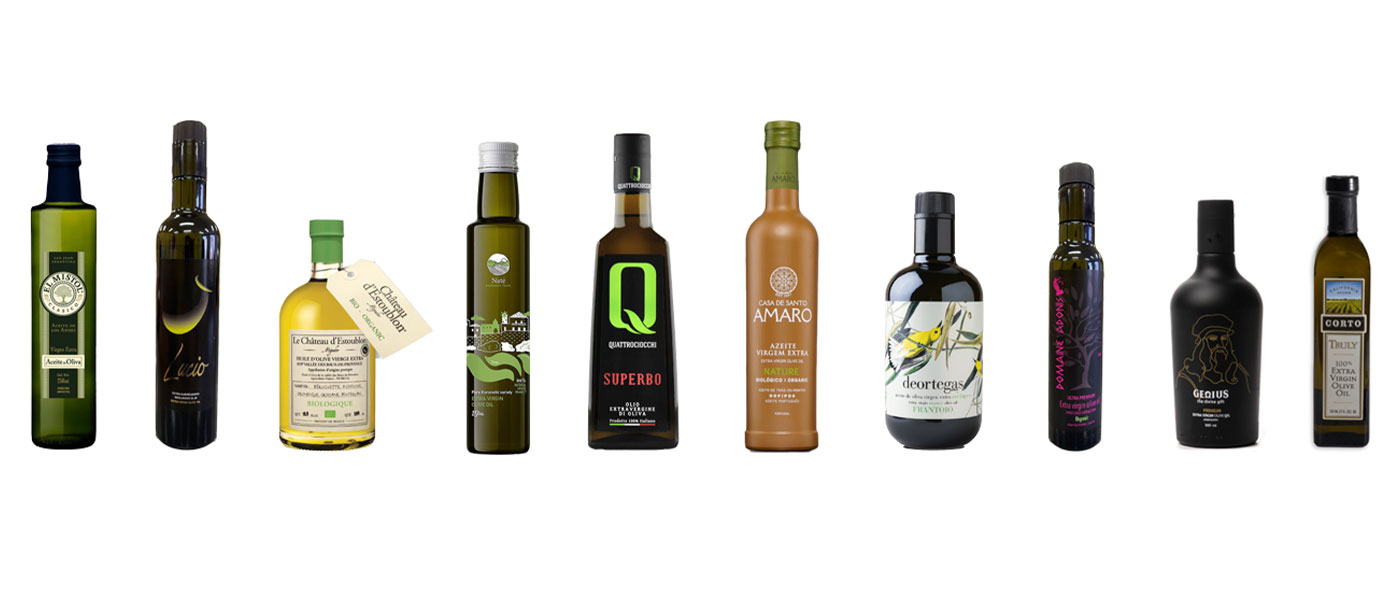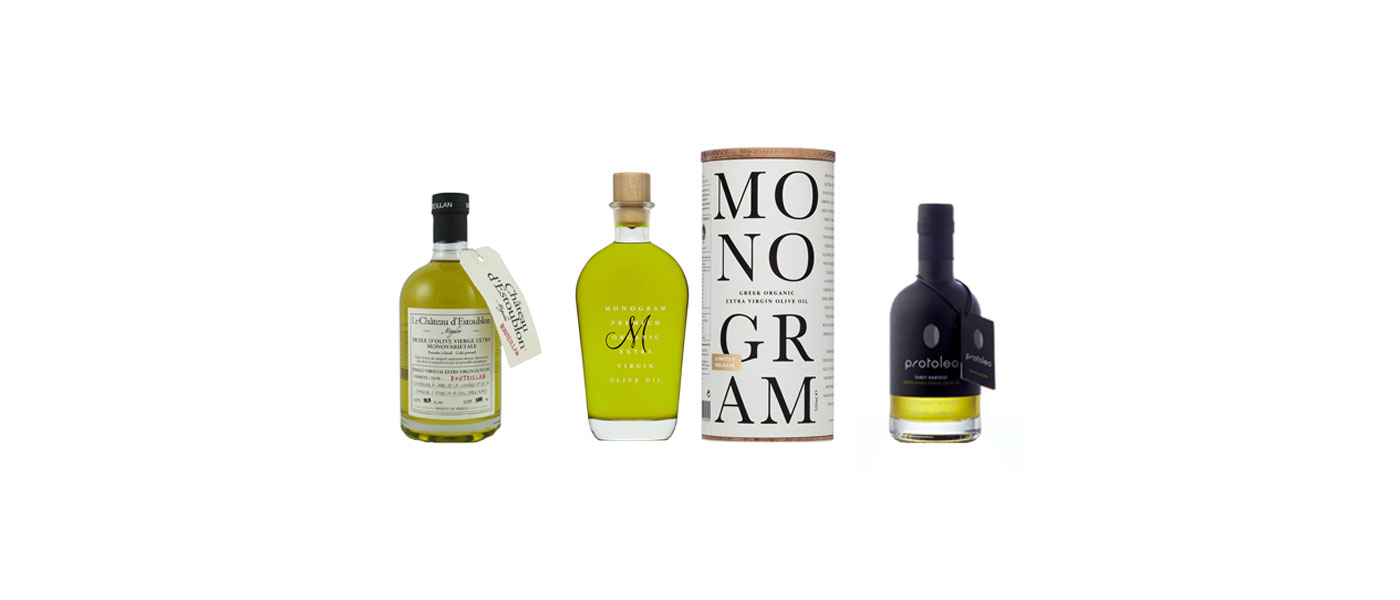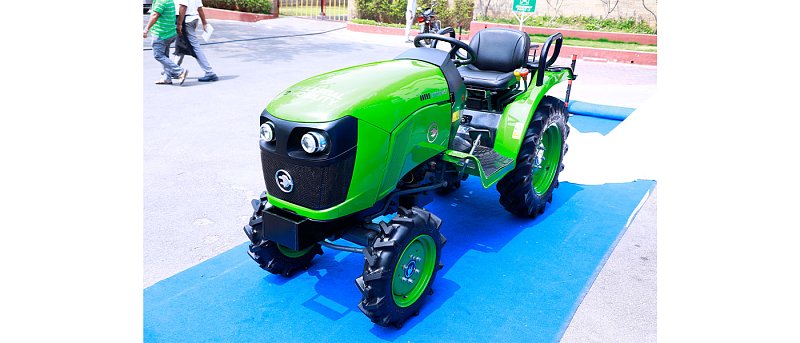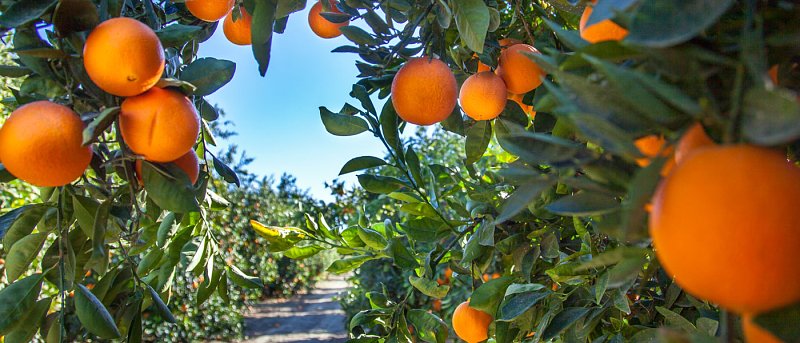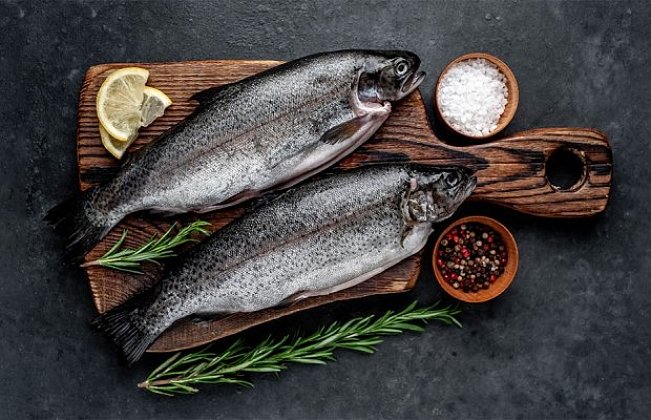On the occasion of the media event “R&D Pipeline update: Bayer Crop Science” we requested an exclusive interview with Dr. Robert Reiter - Head of Research and Development, Bayer Crop Science.
Could you provide us with more detailed information about the new herbicide molecule, which is the first new mode of action in post-emergence weed control in 30 years? Is it going to be the Glyphosate alternative?
The new herbicide mode of action we announced in 2020 is currently in Phase 3. It is an innovative new herbicide with the potential of recharging farmers’ toolbox to cope with increased resistance spread in major grass weeds. It demonstrates effective broad weed control including key resistant grasses, e.g. Ryegrass, Goosegrass and Sourgrass. Furthermore, it opens new opportunities for Herbicide tolerance trait systems in major crops.
However, it will complement the other modes of actions that are available. So one mode of action does not necessarily replace the other. Glyphosate will remain one of the most important herbicides for farmers going forward, given its effectiveness and its safety profile.
Biotech traits: Could you give us a short and simple explanation of this technology and reveal Bayer’s key products of this technology that will be available for commercial sale? Do the European farmers have access to this technology? Specifically, about corn: Could you describe the advantages and the technology behind the short stature corn hybrids - Will be available to the European farmers? Will Bayer also produce corn biostimulants?
Biotechnology in general and Gene editing is a fast-moving field, with many opportunities for researchers to introduce edits and drive change. With that said, we are continuing to innovate alongside this fast pace of change, and we remain confident that we have built the industry's leading portfolio of gene editing tools through licensing and independent research. As of now, we have over 200 exciting targets across our discovery Pipeline across a range of research areas including disease, crop productivity, and grain quality. We think that plant breeding innovation (including NGTs like genome editing) can positively contribute to improve sustainability, food security, and more productive climate-smart agriculture. And that this can be accomplished without compromising on safety, by ensuring a fit-for-purpose regulatory system is in place that ensures food and environmental safety, as well as public transparency.
We advocate for a regulatory approach regarding gene edited plants, which considers both the technical process of breeding and development, and the end product of that process. Regulators have long understood and trusted the safety of products derived from conventional breeding, which involves lengthy trialing, testing and intense selection process to deliver new crop varieties that are safe to grow and consume. Gene editing is the latest breeding tool in a long line of innovations in plant breeding. We believe any regulatory review of crop products developed using gene editing should be risk-based and grounded in science to assure that products are safe for use by humans and animals, and for the environment.
We recommend developing a new EU legislative framework to specifically address the regulatory oversight of plant varieties developed with genome editing and other plant breeding innovation. Such legislation should ensure a clear differentiation between GMO’s and genome-edited plants that could also be obtained through earlier breeding methods or result from spontaneous processes in nature. A new framework for genome edited plants would enable the marketing of sustainable ag solutions and allow for the continued oversight of GMOs without negatively impacting global commodity trade.
Short stature corn is a reduced height, improved stalk strength variety that delivers improved standability and resilience against a host of natural variables. Short stature corn offers the potential to transform corn production through benefits that include:
- Protection from crop yield loss due to increased lodging and greensnap tolerance in high winds and challenging weather conditions.
- Season-long access to timely, precise applications of crop protection and other inputs with standard ground equipment.
- Improved yield potential through optimized crop inputs, planting densities and field placement.
Since last year's Showcase, our short stature corn hybrids developed through breeding have advanced to Phase 4, moving one step closer to reaching farmers’ fields.
Our initial trials indicate that the root systems of breeding trait short stature corn hybrids demonstrate the potential to explore more soil volume faster than standard height corn hybrids, which could lead to better stress tolerance and nutrient and water absorption.
Short stature corn's improved standability also allows growers to pursue planting densities up to 40 percent greater than that possible through traditional corn, and ultimately produce more on every acre. We currently are pursuing short stature corn through three technological approaches – breeding, biotechnology and gene editing. This variety offers the flexibility to navigate global regulations and reach a wider range of markets faster. The breeding version is also suitable for the European market.
All three approaches deliver similar benefits, and we do not plan to stack different short stature corn technologies.

Dr. Robert (Bob) Reiter
Head of Research and Development, Bayer Crop Science
Dr. Robert (Bob) Reiter serves as Head of Research & Development for the Crop Science division of Bayer. In this role, he is a member of the Crop Science Executive Leadership Team and oversees the research and development pipeline for the division.
Having held various leadership roles across Research and Development as well as in Supply Chain, Reiter has nearly 30 years of experience in discovering, developing and delivering innovative R&D solutions in crop science.
He holds a Master of Science and a Doctorate in Plant Breeding and Plant Genetics from the University of Wisconsin-Madison, as well as a Bachelor of Science in Horticulture from The Pennsylvania State University.

